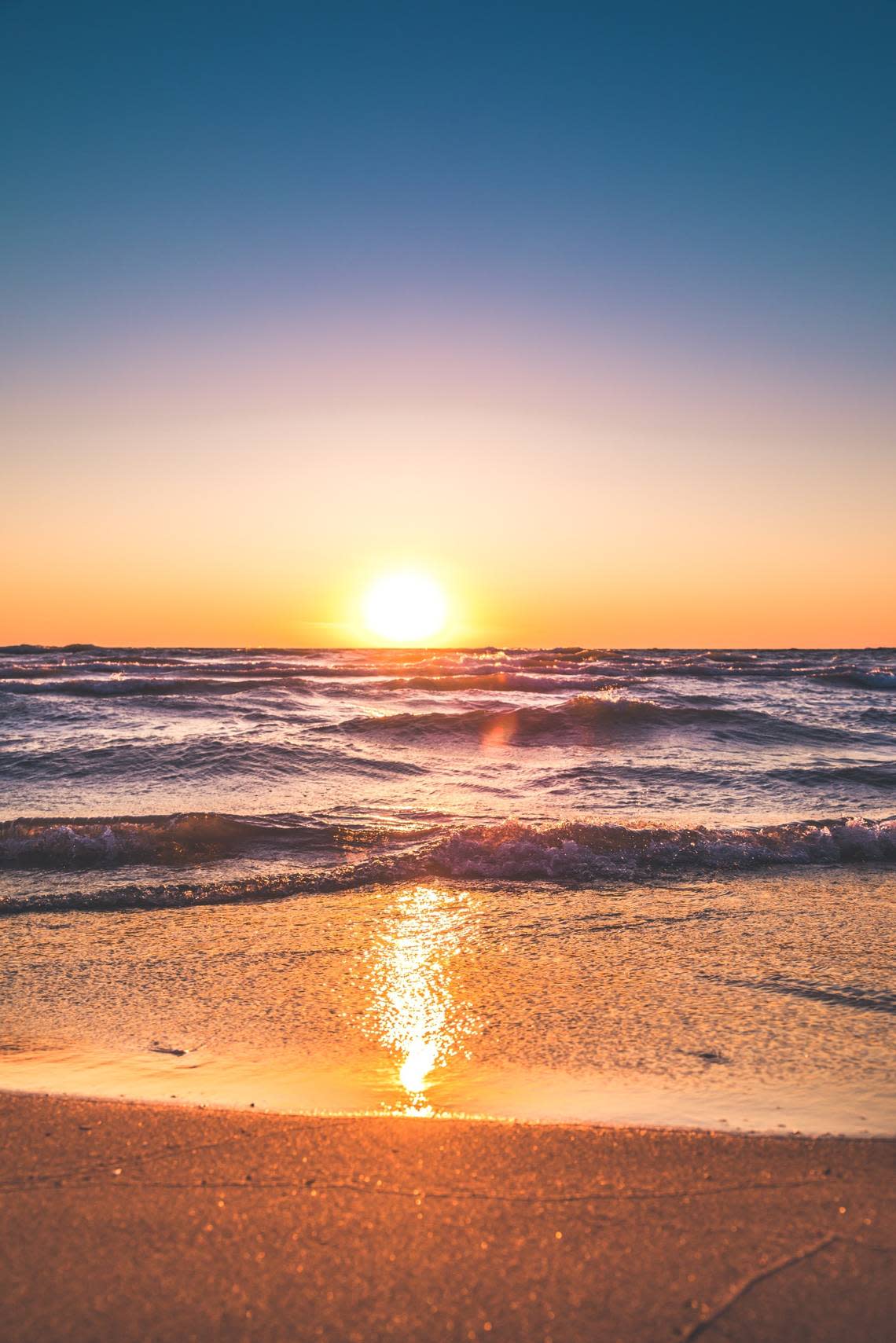Got the post-summer, post-vacation blues? Texas heat may have made it worse this year

It’s almost the end of summer, which for autumn lovers is a welcome new beginning, full of pumpkin spice and apple cider drinks, scary Halloween movies and chunky sweaters.
But for some, the start of fall means mourning a summer that wasn’t as fruitful as they had imagined. And there’s one particular culprit to blame for missing out on outdoor activities like swimming, hiking and picnicking: the extreme heat that stole the summer from Texans. It will go down as Texas’ second hottest summer ever, with an average temperature of 85.3 degrees between June and August, a recent report from the Texas Tribune found.
One Reddit user this week wrote a post entitled “Depressed after coming back to Fort Worth from a trip,” which yielded 447 upvotes and 380 comments from users who felt the same way. The user said they had just gotten back from a trip to Portland, Oregon, where it was the “perfect weather.” The poster said “coming back to Fort Worth this time felt very different” as they were hit with the heat as soon as they walked out of the airport.
“This summer has just been so draining with the heat and not being able to go outside. I love hiking I love going to the state parks and I love swimming in rivers,” user loveevolloveevol writes. “But I am afraid of the bacteria that has been growing in the heat wave affecting me or my dogs. I literally can’t hike because I’ll get heat stroke or burn to a crisp.”
We spoke with a local clinical psychologist to explain why so many Texans feel this way, and how the heat may have worsened post-summer, post-vacation blues this year.
Hot weather has affected Texans’ mental health
Weather can have a significant impact on mental health, said Dr. Kenleigh McMinn, a clinical psychologist at Baylor Scott & White Health. Seasonal Affective Disorder is a form of depression linked to seasonal changes.
While these impacts are usually seen in the winter months when the days are shorter and is it cold and gray outside, there is more and more evidence that heat can have a negative effect on mental health as well. Not much is known yet about exactly why this happens, McMinn said, but it is theorized that multiple factors such as spending more time inside to avoid the heat, physical discomfort due to the heat and longer days interrupting normal sleep cycles may contribute.
Heat may affect mental health in a myriad of ways, varying between individuals. Some people might feel more irritable, others could struggle with motivation or just an overall feeling of “blah” or even apathy.
“With the extreme heat we’ve experienced this summer, many people have had to cancel or alter plans they were looking forward to and can feel like they missed out on the summer they wanted, which can be disappointing or make it feel like you haven’t gotten a break,” McMinn told the Star-Telegram.
As for post-vacation blues, it’s normal for people to have trouble getting back to their normal routine and responsibilities after time away for a vacation, McMinn says, as vacations are usually focused on escaping from our daily lives and giving us a break from a lot of what causes us stress. The contrast of coming back to reality after time away can be difficult and it’s normal to miss the feeling of relaxation or lower stress from vacation.
But weather could potentially worsen this feeling, especially if you were on vacation somewhere with cooler or nicer weather and came back home to the extreme heat, McMinn explained.
Tips to overcome the post-summer, post-vacation blues
If you are currently experiencing or are prone to feeling post-summer or post-vacation blues, it may be helpful to plan something else to look forward to, McMinn recommends.
“Whether that is your next vacation or finding events locally, try to have something in your calendar that you know you will enjoy,” she said.
It’s also important to make sure you get back to your normal routines and self-care activities. Although the post-summer and post-vacation blues will usually pass on their own with some time, they can be helped by engaging in activities you usually enjoy.
Despite there being an end in sight to this extreme heat, people may still have a feeling of cabin fever when they are stuck inside trying to avoid the heat. Until the weather cools down, try to find indoor activities to keep you occupied and spend some time outdoors during times of day when the temperatures are more tolerable. Also, make sure you are staying safe by not being out in the heat for long periods of time and keeping hydrated with water and electrolytes. Know that some medications make you more sensitive to the sun and heat, which could increase the risk of overheating, so be sure to check any medications you are taking and take precautions as needed.


